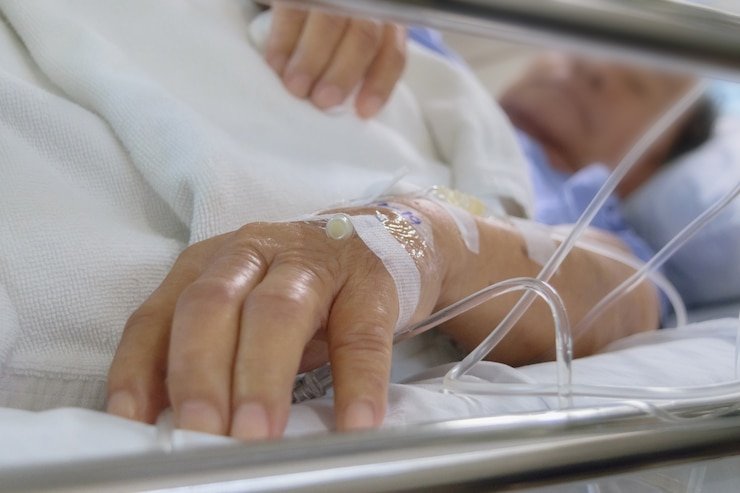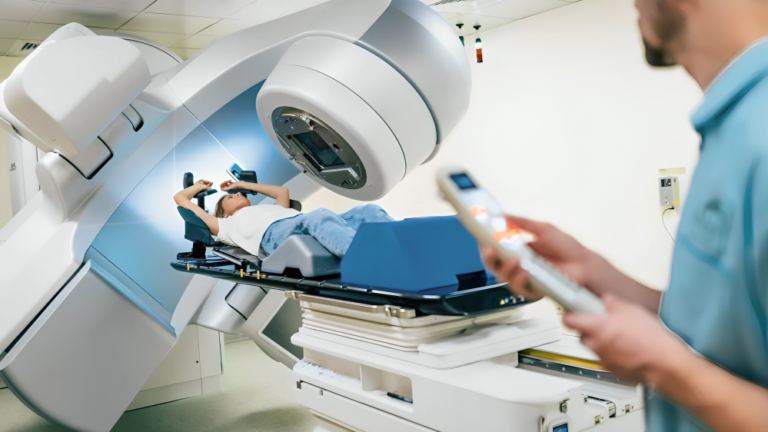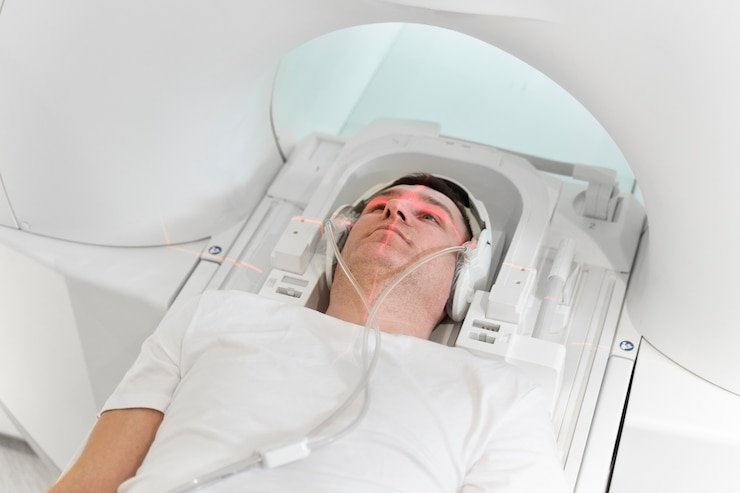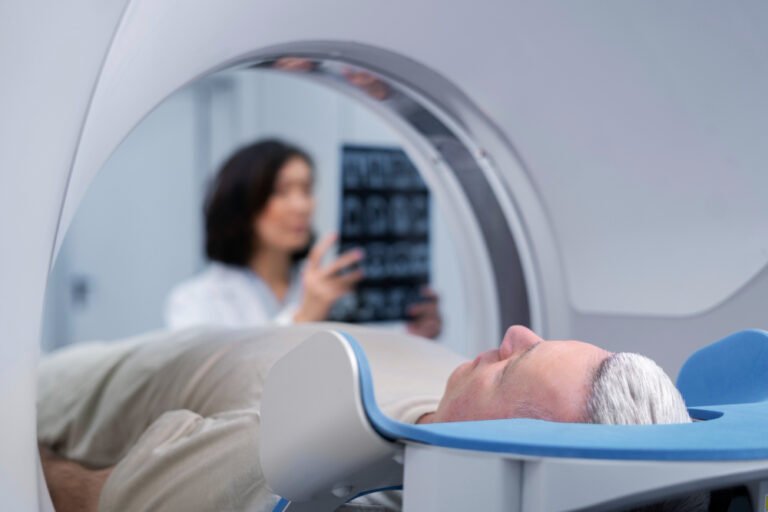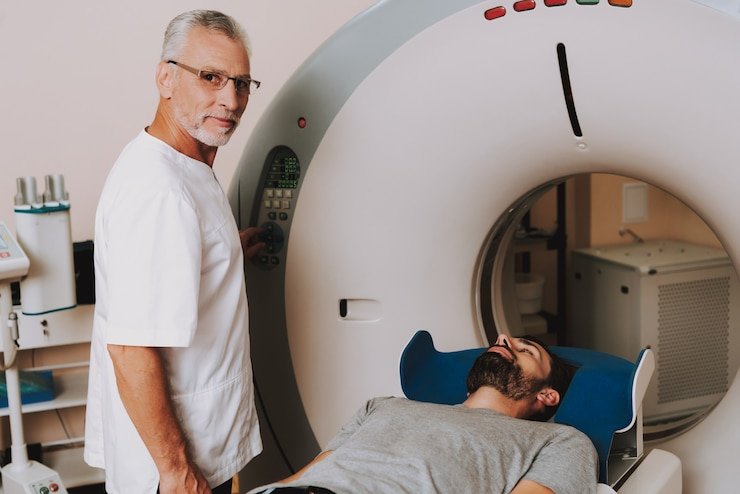Understanding Chemotherapy: A Comprehensive Guide.
Chemotherapy is a cornerstone of cancer treatment, employing powerful drugs to destroy cancer cells and shrink tumors. While it is a widely used and effective treatment modality, chemotherapy can also cause significant side effects. Understanding how chemotherapy works, its uses, side effects, and potential benefits is essential for patients and their loved ones facing a cancer diagnosis.
To Know More About it Please Click Here
1. What is Chemotherapy?
Chemotherapy, often referred to as “chemo,” is a systemic treatment that uses drugs to kill cancer cells or prevent their growth and spread. These drugs can be administered orally, intravenously (IV), or through injections and are designed to target rapidly dividing cancer cells throughout the body.
2. How Does Chemotherapy Work?
Chemotherapy drugs work by interfering with the cancer cell’s ability to divide and multiply. They target various stages of the cell cycle, preventing cancer cells from replicating and ultimately leading to their death. Chemotherapy can also affect normal cells that divide rapidly, such as those in the bone marrow, hair follicles, and digestive tract, resulting in side effects.
3. Uses of Chemotherapy
Chemotherapy may be used in different ways depending on the type and stage of cancer:
- Adjuvant Therapy: Chemotherapy may be given after surgery or radiation therapy to eliminate any remaining cancer cells and reduce the risk of recurrence.
- Neoadjuvant Therapy: Chemotherapy may be administered before surgery or radiation therapy to shrink tumors and make them easier to remove.
- Primary Treatment: Chemotherapy may be used as the primary treatment for certain types of cancer, particularly when surgery or radiation therapy is not feasible.
- Palliative Care: In advanced or metastatic cancer, chemotherapy can help control symptoms, relieve pain, and improve quality of life by slowing tumor growth.
4. Common Chemotherapy Drugs
There are hundreds of chemotherapy drugs available, each with its unique mechanism of action and side effect profile. Some common chemotherapy drugs include:
- Cyclophosphamide
- Doxorubicin
- Paclitaxel
- Cisplatin
- 5-Fluorouracil (5-FU)
- Methotrexate
These drugs may be used alone or in combination with other chemotherapy agents or treatments, such as targeted therapy or immunotherapy, depending on the type of cancer and its characteristics.
5. Side Effects of Chemotherapy
While chemotherapy can be highly effective in treating cancer, it can also cause a range of side effects, including:
- Nausea and vomiting
- Fatigue
- Hair loss
- Loss of appetite
- Weakened immune system
- Anemia
- Mouth sores
- Peripheral neuropathy (nerve damage)
- Increased risk of infection
These side effects can vary in severity and may be temporary or long-lasting. Supportive care measures, such as anti-nausea medications, growth factor injections, and nutritional support, can help manage side effects and improve quality of life during chemotherapy treatment.
6. Coping with Chemotherapy
Coping with chemotherapy treatment can be challenging, both physically and emotionally. Here are some strategies for managing treatment:
- Stay informed: Learn about your treatment plan, potential side effects, and ways to manage them. Ask questions and communicate openly with your healthcare team.
- Seek support: Lean on friends, family, and support groups for emotional support and practical assistance during treatment.
- Practice self-care: Eat a healthy diet, stay hydrated, get plenty of rest, and engage in activities that help reduce stress and promote relaxation.
- Stay active: Gentle exercise, such as walking or yoga, can help maintain strength, improve mood, and reduce fatigue during chemotherapy.
To Know More About it Please Click Here
7. Conclusion
Chemotherapy is a powerful and effective treatment option for many types of cancer, offering hope and healing to millions of patients worldwide. While it can cause side effects, advances in supportive care and treatment options continue to improve outcomes and quality of life for individuals undergoing chemotherapy. With the support of a skilled healthcare team, as well as the love and support of family and friends, many patients navigate chemotherapy treatment successfully and emerge stronger on the other side.

